Until every teacher is trained.
Until every child can read.
We make best-in-class literacy training and implementation support financially and geographically accessible, because every child deserves a teacher who can teach them how to read.
Upcoming Events
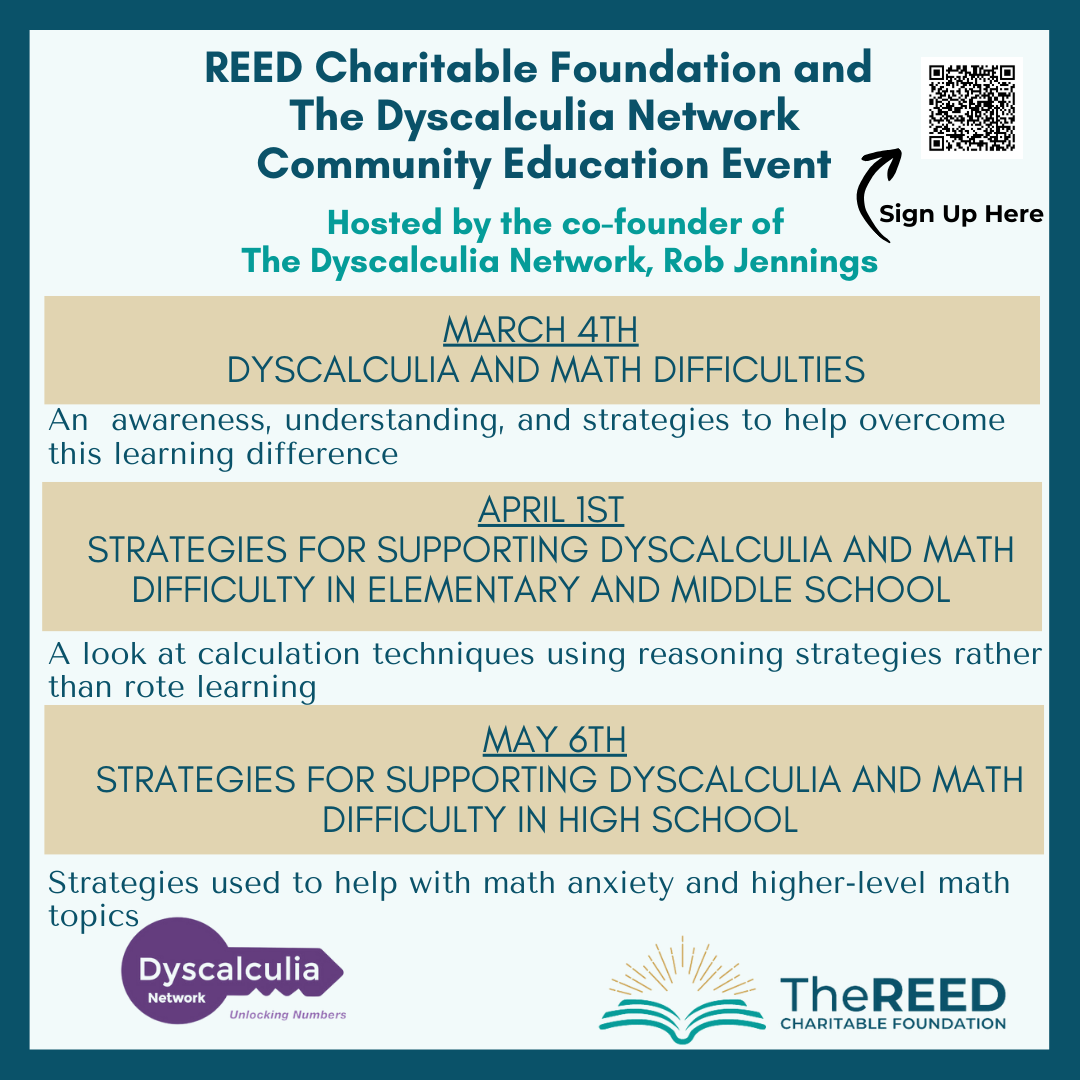
The Dyscalculia Network Webinars
Dates:
March 4th, 2024
April 1, 2024
May 6, 2024

Spring Shopping Event
Date/Time:
April 30, 2024
10AM – 2PM
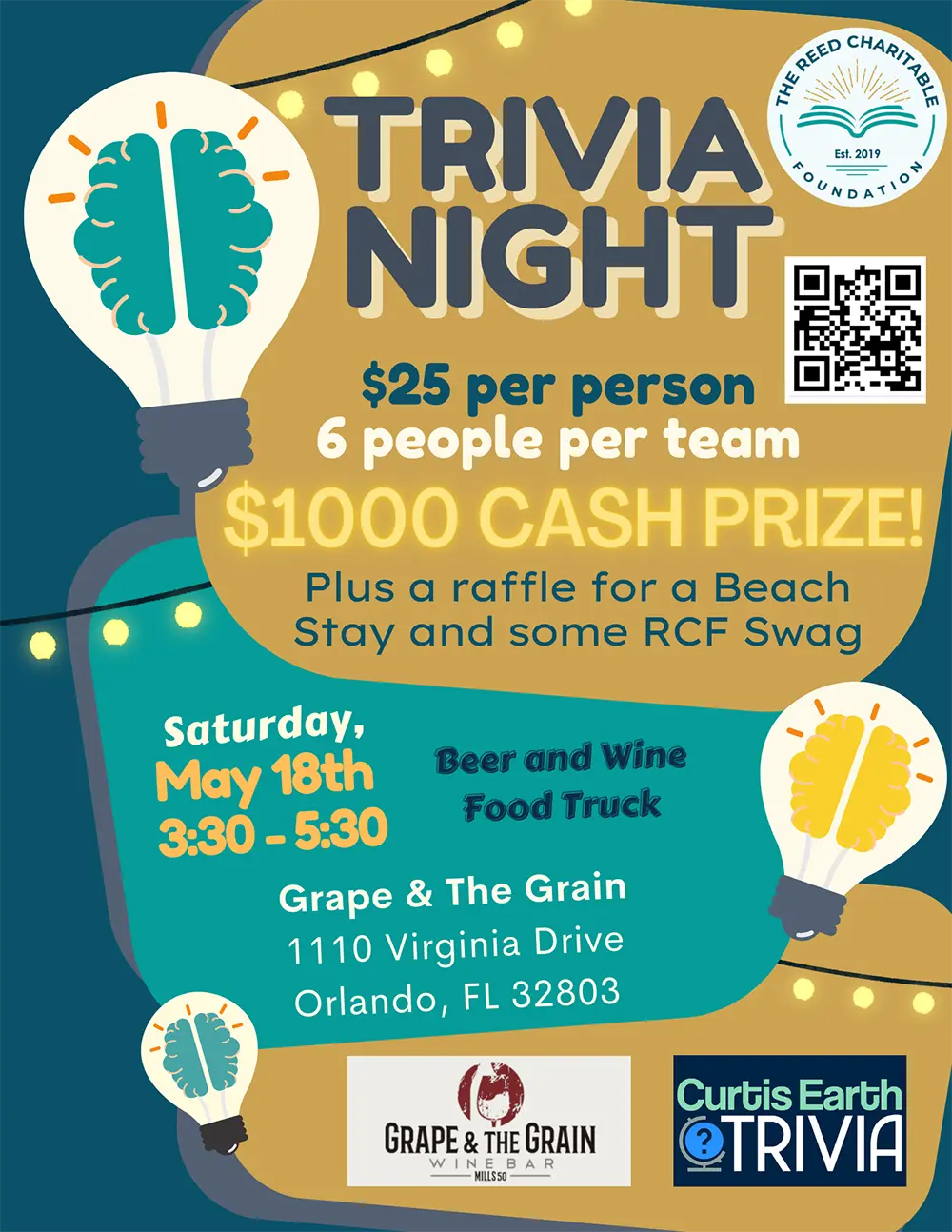
2nd Annual RCF Trivia Night
Date/Time
May 18, 2024
3:30 PM – 5:30 PM
%
of 4th graders cannot read at grade level.
According to the 2019 Nation’s Report Card (NAEP) 66% of our nation’s 4th graders are below proficiency level (nationsreportcard.gov).
In 2022, the Nation’s Report Card shows that our children’s reading scores have declined even further, dipping to the lowest they have been in three decades (nationsreportcard.gov, chalkbeat.org).
And only 25% of Florida’s 4th graders can read proficiently (the74million.org).
In other words, we have a literacy crisis not only in Florida, but nationally, and the impacts are catastrophic. But it is also completely preventable and that is why RCF exists.
We Are Dedicated To:
OG Training
To make best-in-class literacy instruction accessible to all.
Implementation Support
To support educators committed to providing the best in literacy education and ensure dyslexic students reach their full potential.
Empowering Community Events
Free, accessible events that offer exceptional content and meaningful fellowship.

NEW! OG Materials
RCF is excited to provide ready-to-use OG resources. These products are aligned with OGA training provided through RCF, and are backed by the latest Science of Reading research.
Total Impact
Students helped
Teachers Trainined in OG
States
Countries
Past Events
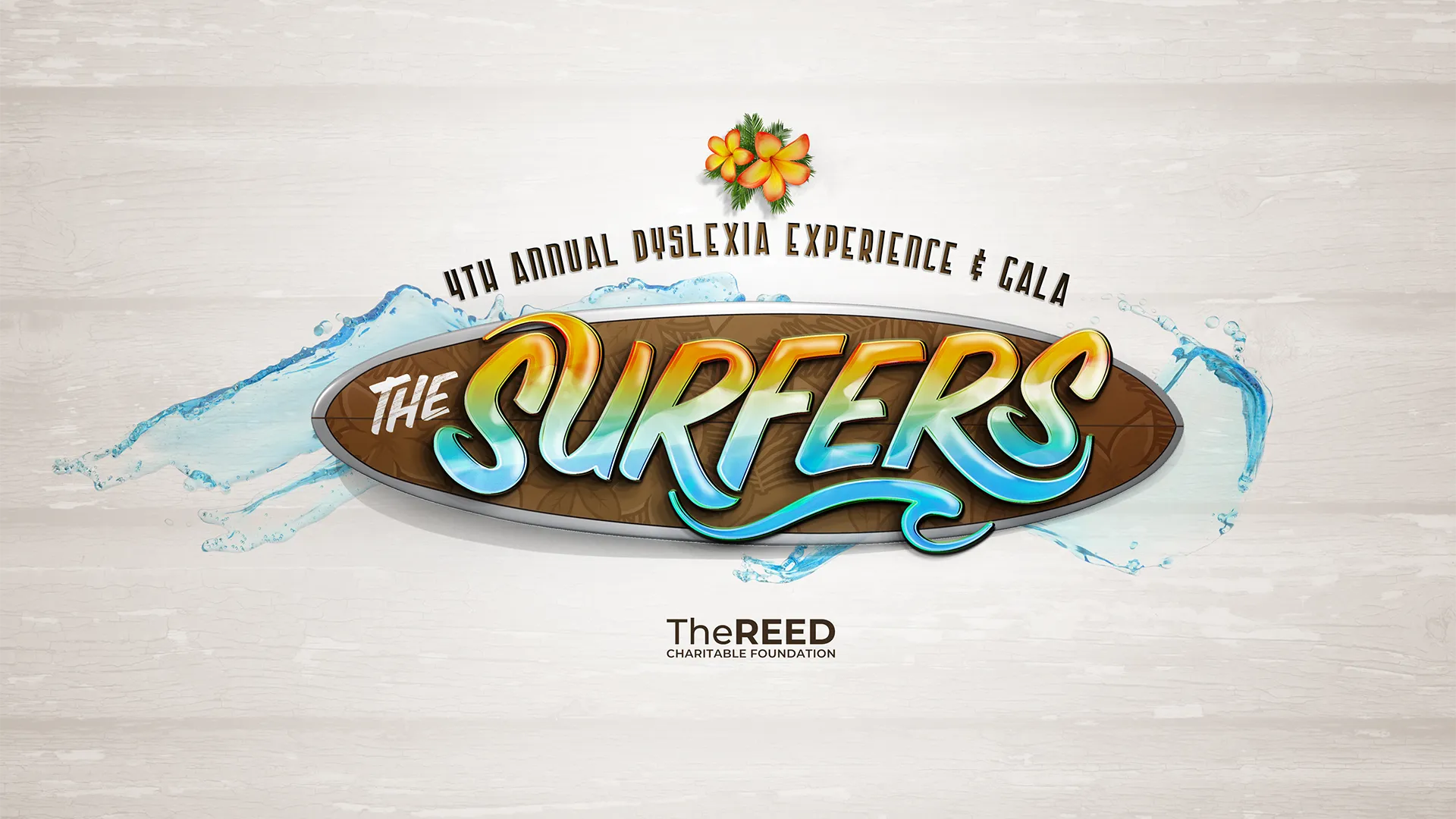
The Surfers: 4th Annual Dyslexia Experience & Gala

The Comedians: 3rd Annual Dyslexia Experience & Gala

The Culinary Artists: 2nd Annual Dyslexia Experience & Gala
Trusted Community Partners
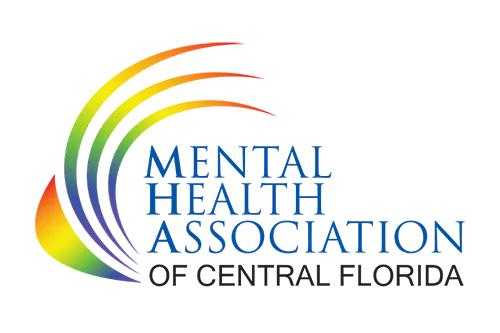
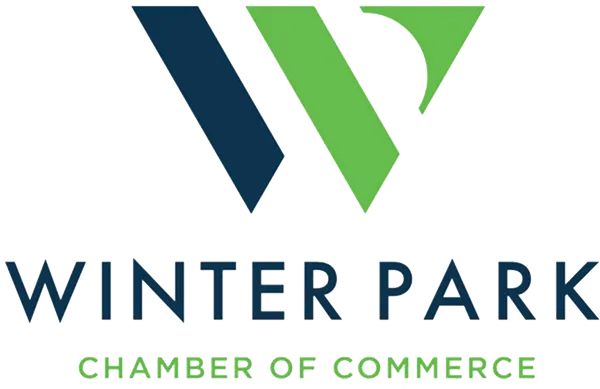

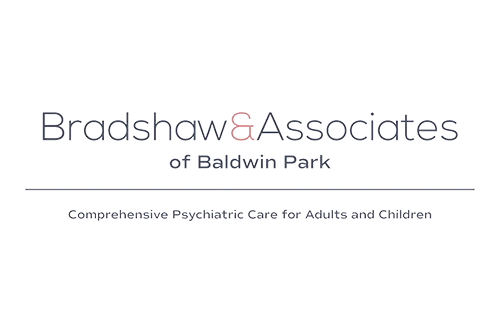
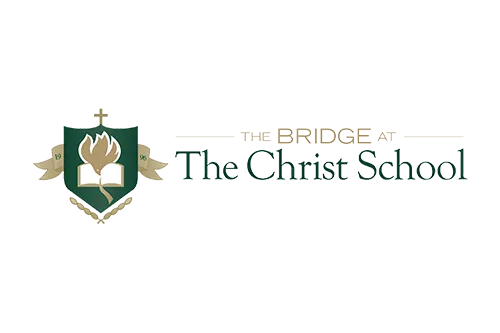
Stay in Touch
To keep connected with the REED Charitable Foundation and everything we're doing, join our email list! Click the button to join now.
